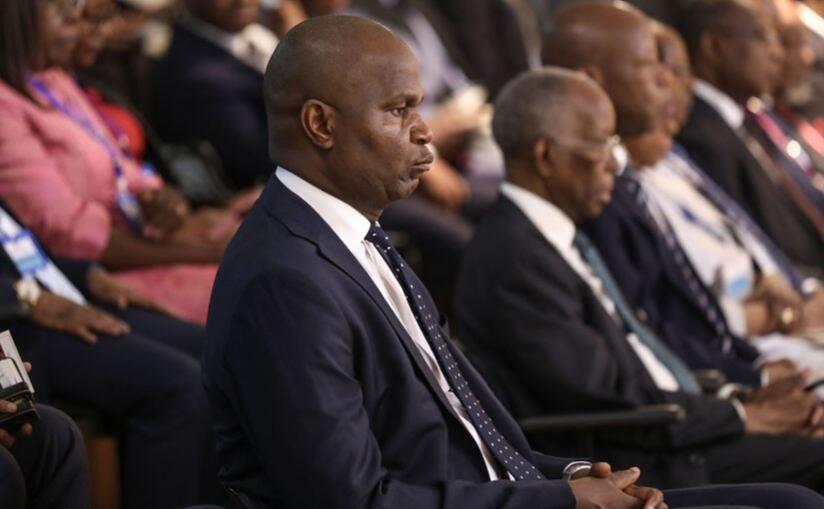Mozambique’s President-elect Daniel Chapo is set to be sworn into office on Wednesday amidst weeks of deadly political unrest. Opposition leader Venancio Mondlane has vowed to “paralyze” the country with ongoing protests against what he claims was a fraudulent election.
Mondlane, 50, a popular figure among the youth, had already called for a national strike in the lead-up to the inauguration. On Tuesday, he reaffirmed his commitment to daily demonstrations, alleging the October 9 election was rigged to favor Chapo’s Frelimo party, which has ruled Mozambique since its independence from Portugal in 1975.
“This regime does not want peace,” Mondlane said in a Facebook address, adding that his communications team had come under fire earlier in the week. “We’ll protest every single day. If it means paralyzing the country for the entire term, we will.”
Chapo, 48, urged for calm on Monday, stating at the national assembly, “Together, united, we can work to develop our country.”
International observers, including the EU mission, have raised concerns over irregularities in the election, condemning what they described as the “unjustified alteration of results.”
Foreign dignitaries have largely distanced themselves from the inauguration. Portugal is sending its Foreign Minister Paulo Rangel, but regional leaders, including South Africa’s president, are notably absent. This reflects hesitancy to acknowledge Chapo’s victory, according to political analyst Johann Smith.
Political and security expert Borges Nhamirre noted that the scale of unrest will depend on how Chapo addresses the crisis.
Escalating Tensions
The inauguration of lawmakers on Monday was relatively peaceful, though the streets of Maputo were eerily empty, with shops closed either in protest or out of fear. Military police surrounded the parliament building, and roadblocks were set up across the city.
However, violence continues in other regions. At least six people were killed in the Inhambane and Zambezia provinces north of Maputo, according to Plataforma Decide, a civil society group. Nationwide unrest has claimed 300 lives, with security forces accused of using excessive force against protesters. Police casualties have also been reported.
Calls for Dialogue
Chapo, expected to announce his new government this week, may consider appointing opposition members to ministerial roles as a gesture to ease tensions, according to Eric Morier-Genoud, an African history professor at Queen’s University Belfast.
While Chapo has called for dialogue, Mondlane has been excluded from ongoing talks between Chapo, outgoing President Filipe Nyusi, and other political leaders. Mondlane, who recently returned from hiding abroad following the October 19 assassination of his lawyer, has expressed his willingness to negotiate.
“I’m here in person to say, if you want to negotiate, I’m ready,” he stated.
Official election results gave Chapo 65% of the presidential vote, while Mondlane received 24%. However, Mondlane disputes these figures, claiming he won with 53% and accusing election officials of manipulating the results.
In the 250-seat national assembly, Frelimo holds a commanding majority with 171 seats, while Mondlane’s Podemos party has 43.





